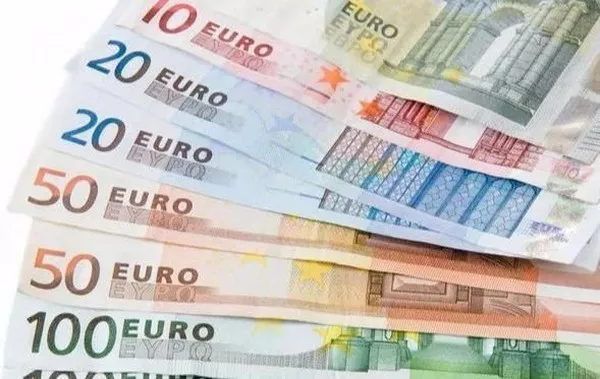The g in GBP stands for “Great,” as in Great Britain. GBP is an acronym that stands for the British pound sterling, which is the official currency of the United Kingdom. The history of the pound goes back many centuries and has undergone significant changes throughout its existence. In this article, we will explore the origin of the pound sterling and how it became known as GBP.
A Brief History of the British Pound Sterling
The origins of the pound sterling can be traced back to Anglo-Saxon England, where silver pennies were used as currency. In 1158, Henry II introduced the Tower pound, which was equal to 240 silver pennies and weighed one pound. This new currency system provided stability and helped to improve trade within England.
Over time, the pound underwent several changes. In 1663, King Charles II introduced a new standard for the pound, which was defined as 7,000 grains of silver. This new standard was called the Troy pound and was used until the early 20th century.
In the early 19th century, the Bank of England began issuing banknotes, which were backed by gold reserves. These notes became the primary form of currency in circulation, and the pound was officially established as the currency of the United Kingdom in 1870.
How Did the Pound Become Known as GBP?
The pound sterling was originally represented by the symbol £, which is derived from the Latin word Libra, meaning balance or weight. However, with the introduction of electronic trading and international currencies, a new representation was needed.
In the 1970s, the International Organization for Standardization (ISO) developed a new system for representing currencies using three-letter codes. The first two letters represent the country, while the last letter represents the currency.
For example, the code for the US dollar is USD, where “US” represents the United States and “D” represents the dollar. The code for the euro is EUR, where “EU” represents the European Union and “R” represents the euro.
In the case of the British pound sterling, the code became GBP, with “GB” representing Great Britain and “P” representing the pound. This new system provided a standardized way to represent currencies across different countries and made electronic trading more efficient.
The Importance of the British Pound Sterling
As one of the world’s oldest and most established currencies, the British pound sterling plays a significant role in global finance. It is widely accepted as a reserve currency and is used as a benchmark for many international transactions.
The value of the pound sterling is influenced by various factors, including economic performance, political stability, and international trade. For example, in the aftermath of the Brexit referendum in 2016, the value of the pound dropped significantly due to uncertainty over the UK’s future relationship with the EU.
Despite this, the pound remains a popular currency for investors and traders around the world. Its long history and stable reputation make it a reliable store of value and a useful tool for hedging against market volatility.
Conclusion
In conclusion, the g in GBP stands for “Great,” as in Great Britain. The pound sterling has a rich history that dates back many centuries and has undergone significant changes throughout its existence. Today, the pound is an important currency in global finance and is widely used for international transactions.
The introduction of the ISO currency codes in the 1970s provided a standardized way to represent currencies across different countries. The code for the British pound sterling became GBP, with “GB” representing Great Britain and “P” representing the pound. This new system improved efficiency in electronic trading and made it easier to conduct international transactions.
Overall, the British pound sterling is an enduring symbol of Britain’s place in the world and its long-standing economic influence. Whether you are an investor, trader, or simply someone interested in the history of currencies, the pound sterling remains an important and fascinating topic.
Related topics:
- What does GBP stand for?
- What does the pound symbol look like?
- Where can I exchange dollars for euros near me?


